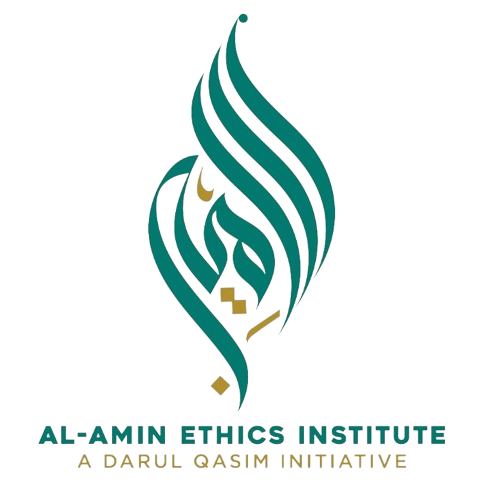by Kanwal Ahmed, MD, Al-Amin Ethics Student, Psychiatry Resident
Dr Kanwal Ahmed, a student of Shaykh Amin, takes us to the shores of hope and creativity “beyond colonialism”. This paper summarizes Shaykh Amin’s address delivered at the Islamic Association of Addison on Jumada II 12, 1446 AH (December 13, 2024).
In recent history, many individuals, particularly in the Muslim world, have grappled with the effects of colonization and its lasting psychological impacts. However, it is essential to view our contemporary struggles within the broader context of human history. Our experiences, thoughts, and emotions are not isolated but are part of a continuum shaped by the past. What we feel today is often linked to the mistakes and events of the past, particularly those from a century ago.
In clinical terms, post-traumatic stress disorder (PTSD) is a mental health condition that develops after experiencing or witnessing a traumatic event, such as a near-death experience or severe abuse. While many people recover from their traumas over time without formal intervention, those whose symptoms persist and interfere with their daily functioning are diagnosed with post-traumatic stress disorder and typically require medical and psychological treatment. Today, Muslims are grappling with a form of “post-colonial PTSD,” a sense of enduring trauma that has shaped the collective psyche of societies affected by the history of colonialism. This has manifested in the form of inferiority, self-pity, and a sense of being marginalized. As a result of this deep psychological wound, Muslims have…
